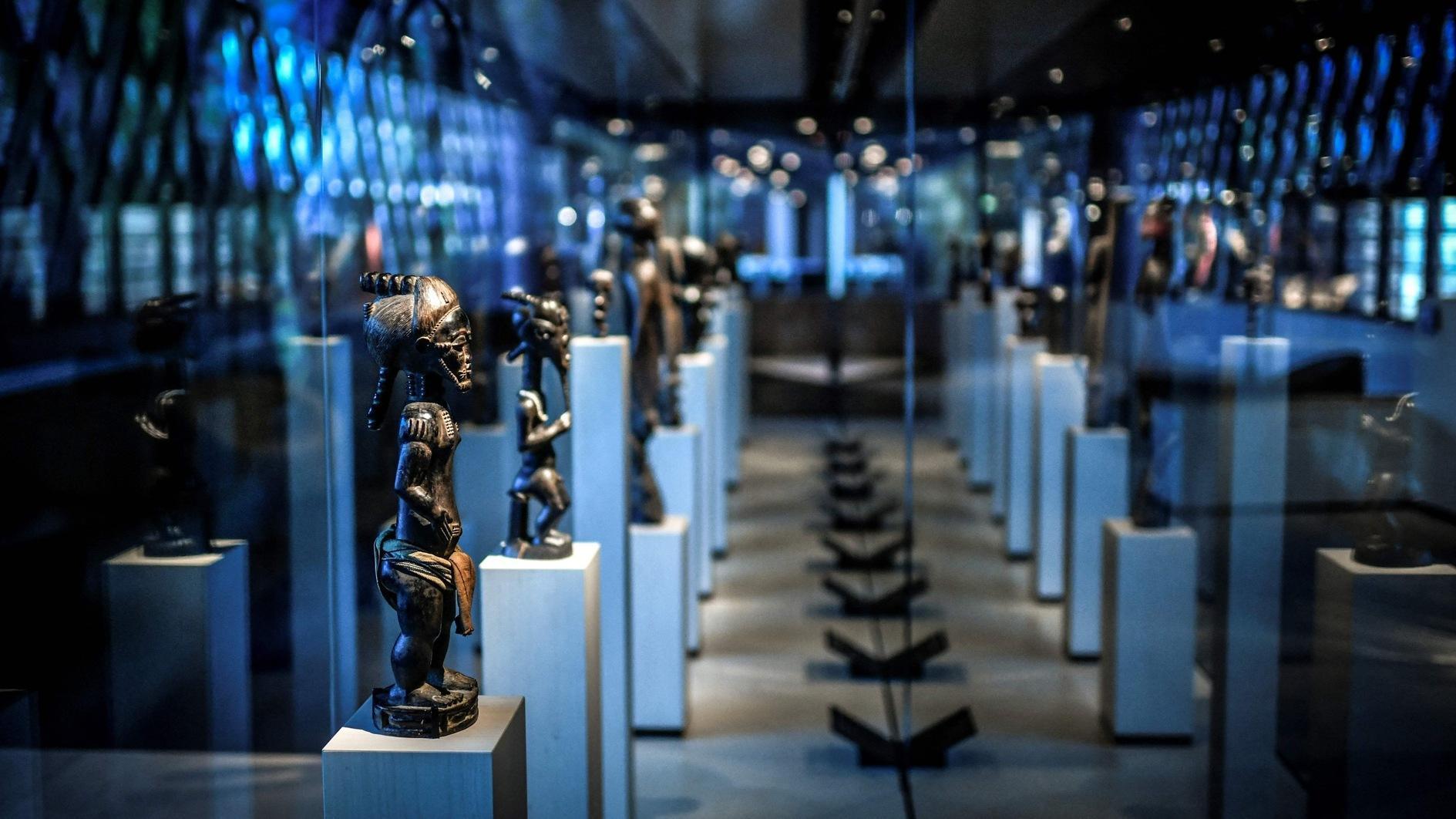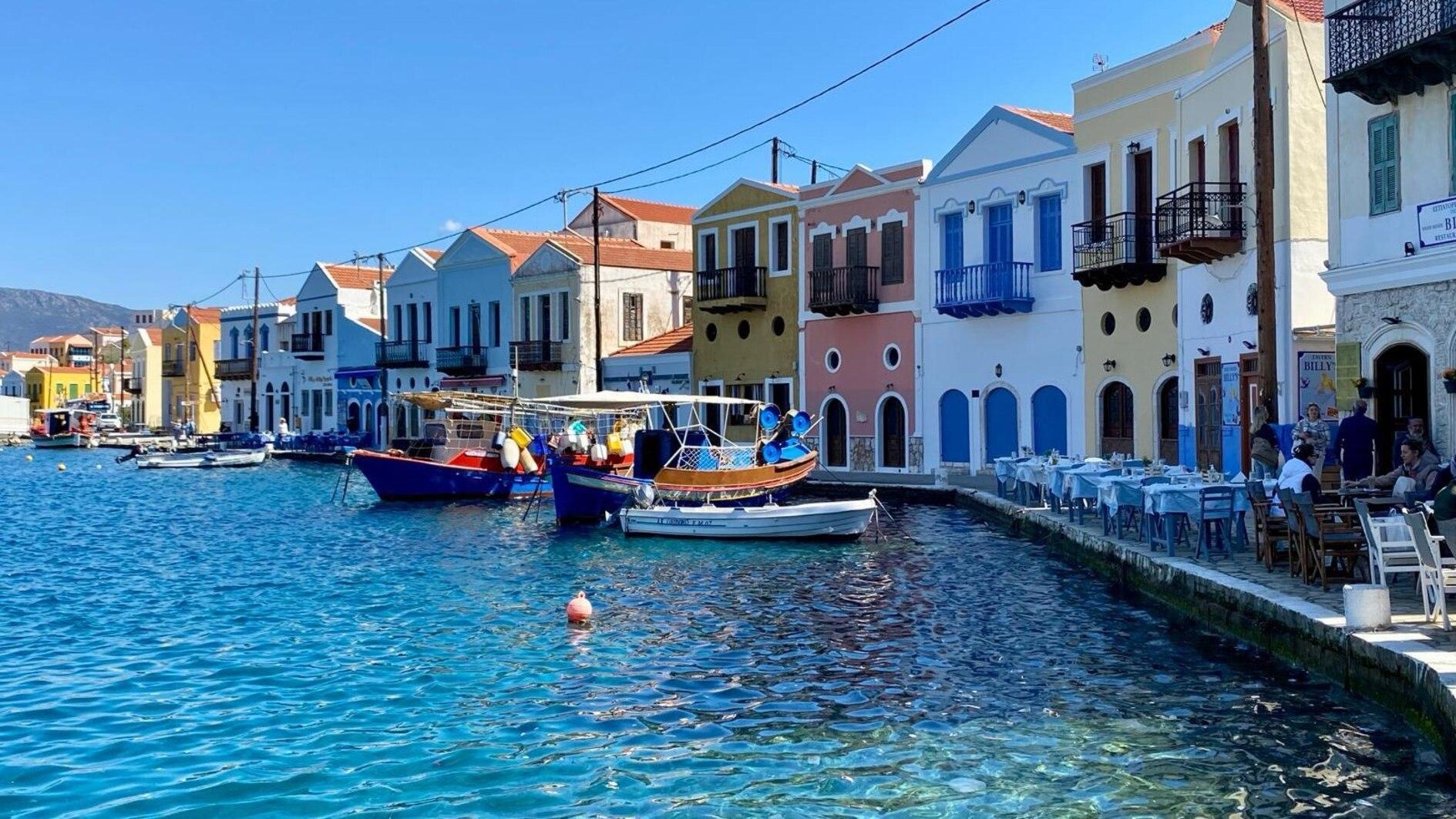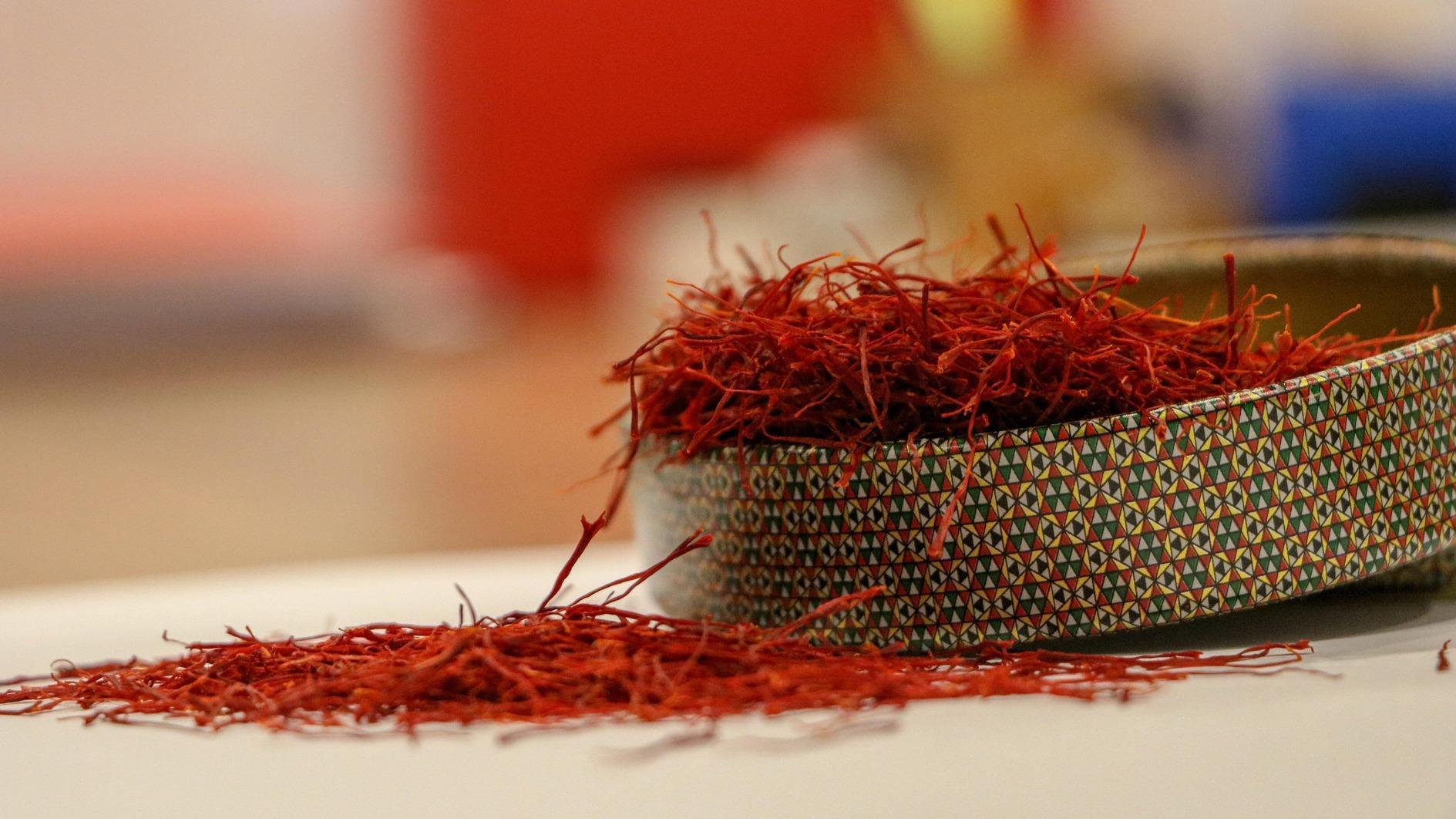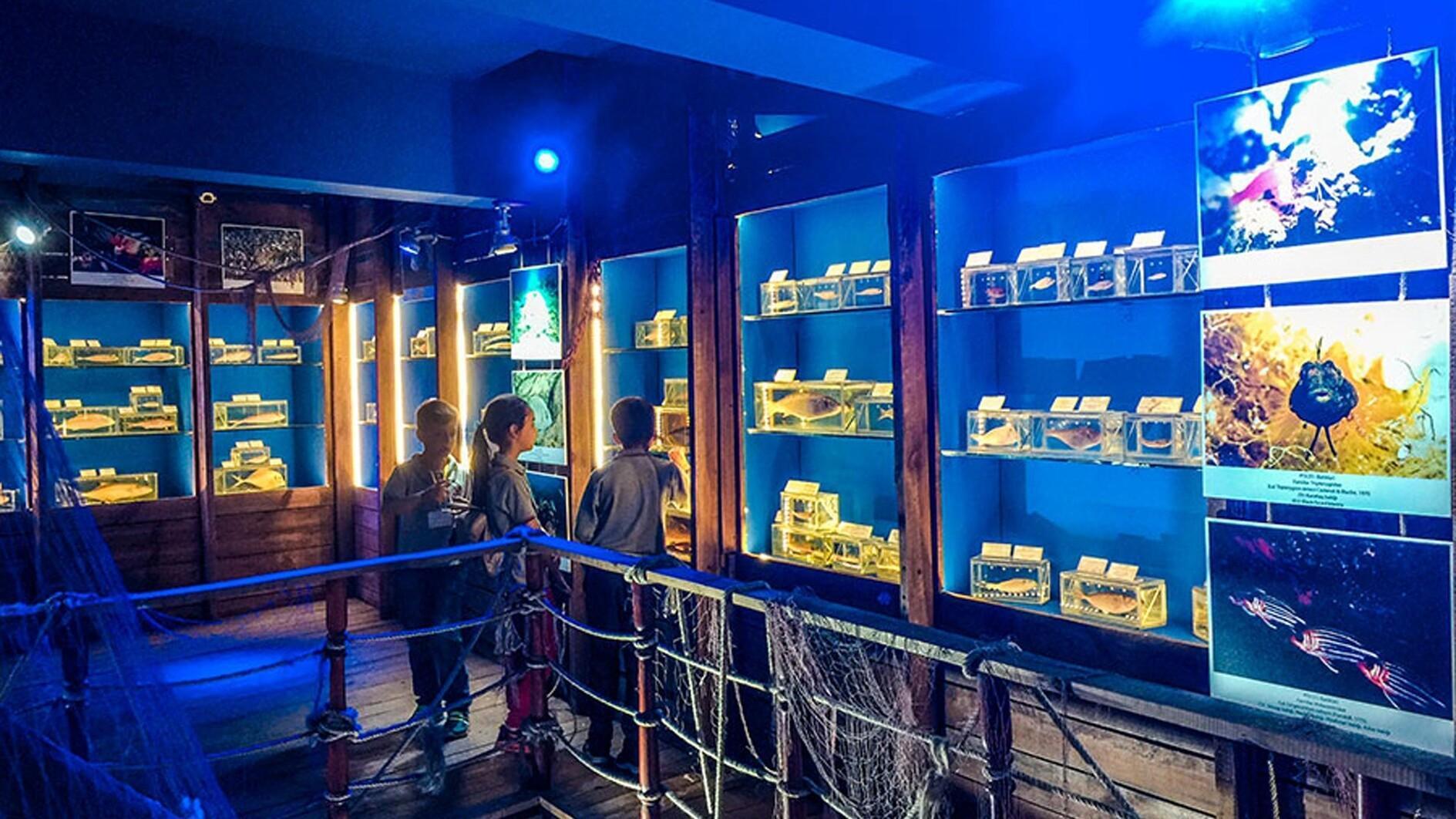Why is ‘Turkey: Discover the Potential’ important domestically?
The Turkish Exporters’ Assembly (TİM) recently launched its “Turkey: Discover the Potential” campaign.
The day that the campaign was launched, a family photo appeared in the papers. Among the figures in the picture were Prime Minister Ahmet Davutoğlu, TİM Chair Mehmet Büyükekşi, and EU Minister Volkan Bozkır, but there was not even a single woman.
Of course, some people responded on social media by asking how the “potential will be discovered” if half of Turkey’s population is disregarded.
Indeed, this “womanless” photo was not the correct message to send to the country or to the world.
In Mehmet Büyükekşi’s words, the campaign that has been publicized across TV stations for days aims “to explain to the world that Turkey has the heritage of a colossal chain of civilizations.”
At the same time, it aims to put an end to the 300-year-old debate on whether we are “Western” or “Eastern” by answering that “We are both Western and Eastern.”
It is important that this campaign emphasizing our cultural values will be conducted in Turkey. Unfortunately, we have either not noticed or not paid too much attention to how great our historical and cultural heritage really is. That lack of awareness is valid across all cultural fields.
For instance, how many of those living in Istanbul are aware that this city has been the capital of three different empires? When our local administrators see no problem in building a hotel over Byzantium ruins, or developing over centuries old Ottoman orchards, it’s not hard to imagine the rest.
Meanwhile, while good eating is becoming a rising trend in the world, I understood once again while reading the introduction to the book “Peynir Aşkına” (For the Love of Cheese) the other day how we are also unaware of Turkey’s richness in that field. We have in fact never even cared about it.
The book, published by Türkiye İş Bankası Kültür Yayınları, was written by Berrin Bal Onur and Neşe Aksoy Biber, two young women who opened a cheese shop in Istanbul’s Cihangir district 15 years ago.
The book describes the journey of these two women getting to know the cheese produced by locally across Anatolia. Some of these cheeses we have never even heard of, let alone tasted.
An incredible variety of cheese is being produced in Anatolia. Our best restaurants proudly offer French Roquefort and Camembert chesses, or Italian parmesan and mozzarella, but they rarely list Anatolian cheeses.
However, in recent years, chef Mehmet Gürs at Istanbul’s Mikla restaurant and chef Şemsa Denizal at the city’s Kantin restaurant have been pioneers in turning their eyes to Anatolia.
“For the Love of Cheese” reminds us that the motherland of cheese is Mesopotamia – the land between the Euphrates and the Tigris that is the home of so much. But who among us know that the çökelek cheese (cottage cheese) produced in rural Anatolia was among the first cheeses produced by curdling milk?
As gourmet chef, writer and researcher Professor Artun Ünsal writes in the preface of the book, we should learn how to “protect local culture without rejecting global culture.” Indeed, without rejecting Roquefort, we should adopt and love the “blue Tulum” or the “green cheese” of Konya.











